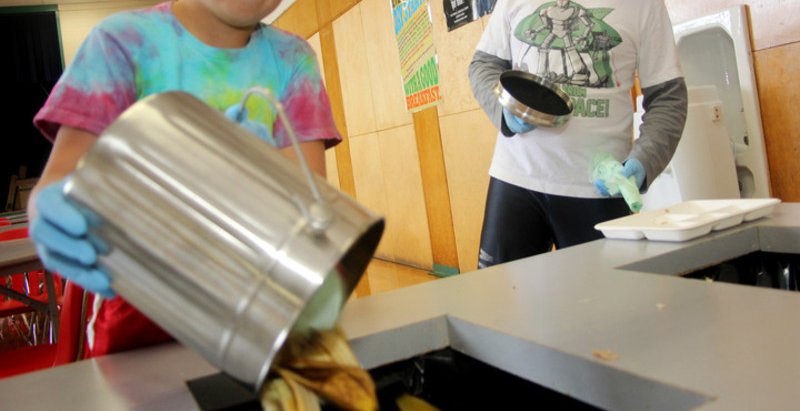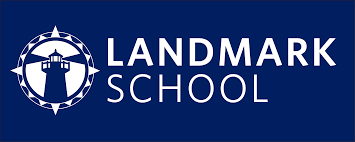
SCHOOL CASE STUDIES
Learn how other MA schools have successfully integrated composting into their daily routine.
Call 978-290-4610, extension 2, or request a quote online for more information.
Town of Brookline School Compost Guide 2022
A comprehensive guide for administrators and interested teachers and students who want to start a compost program in their school.
Goals of this Guide:
- Provide a detailed framework to support Brookline’s schools in initiating and implementing a self sustaining composting program, from pre-composting considerations through year 1 implementation.
- Provide resources for educators to teach students about the environmental importance of composting and contribute to a broader understanding of sustainable systems.
- Standardize a process for launching composting in both the cafeteria and back-of-house (kitchen), tracking progress and measuring success.
- Empower the school community to take ownership of their continued growth towards integrating sustainable practices into daily operations and community culture.
- Support and contribute to the Town’s progress towards its zero waste and climate goals.
Quincy Public Schools
Quincy Public Schools Food Waste Diversion Program Director Finbar Heaslip, and Ruth Davis, former MIT Solid Waste Program Manager and volunteer in the program from the Wollaston Garden Club explain how food waste diversion is implemented in the schools and is turned into compost.
Finbar and Ruth created this zero waste sorting instructional video and have graciously shared it so that you can easily teach your students and staff how to sort food scraps, recycling, and trash and how the food scraps are turned into compost at our Groton compost facility.
Download signage for your zero waste trash station.
Lexington Schools Case Study
Lexington Public Schools Green Teams outlines how their program works.
- In the very beginning of the program (2015), Lexington Schools Green Team asked the school PTA/PTOs, New England Grassroots environment fund, and local charity (Lexington Education Fund) to fund a pilot program in three schools. They were all extremely supportive and responsive. And most importantly, wrote checks:-) After the first few months, the public schools superintendent said, we’ll put it in next year’s school budget! So the compost pickup program has been funded by Lexington Public Schools since the fall of 2016.
- The key for success is to talk to all stakeholders: custodians, school principals, superintendent, students, parents, etc.
- The lunch trays are compostable, though not all students use them, they take up space and can be heavy in the toters. They are stacked first before throwing in the toters. (The Green Team is advocating for our newer schools to install dishwashers and use reusable food ware!)
- If you want to calculate the cost and how many toters you need, the school system estimates (this includes kitchen scraps from food preparation):
- 400-500 student elementary schools fill one toter per day
- 1,000+/- student middle schools fill two toters a day
- 2,400 student high school fill up five toters (pressed hard, and to the brim) one day a week
- Before lunch, clean/lined toter(s) are brought inside the cafeteria for students to throw in food waste directly. (occasionally the toter may have some scraps from the kitchen in the bottom, with which is okay)
- The kitchens use 5-gallon buckets to transport food scraps and dump in the toters.
- Black Earth picks up once a week for 6 elementary schools, three times a week for one middle school that composts every day, twice a week for the other middle school that compost on Mondays and Wednesdays, twice a week for high school.
- The hope is to expand to every day in the second middle school and at the high school.
- There are student and parent volunteers that help monitor contamination, with the help of grabbers like this one to pick out any contamination/mistakes. Gloves help too, especially if there is not a sink nearby. Arlington and Andover compost without volunteers, so there are many models that work.

Landmark School
At Landmark School in Beverly, MA the movement to compost came from the students themselves. Read more about how they started their program here.

Concord Academy Sustainability Plan
Concord Academy has a Sustainability Plan. This sets a good example for other schools to model.


